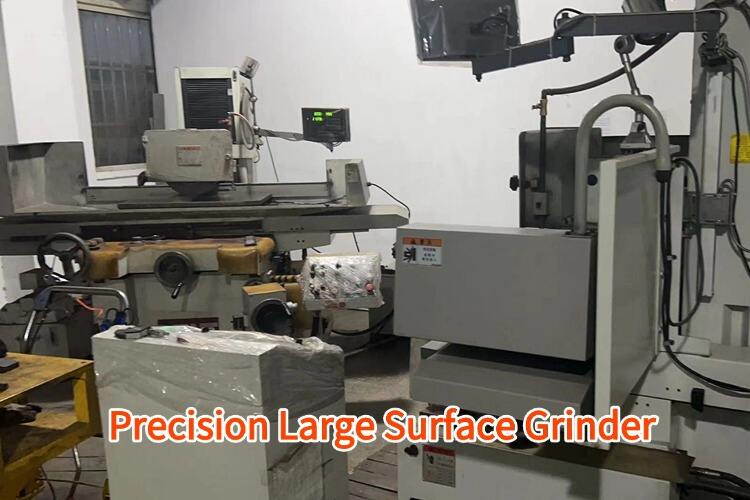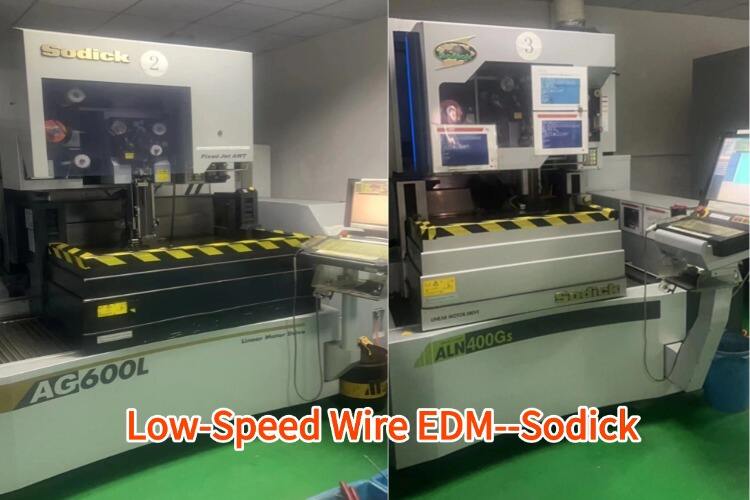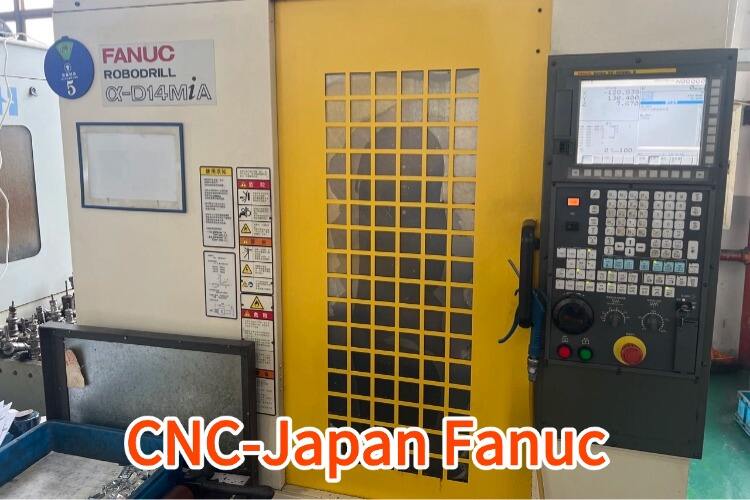custom cnc machining
Custom CNC machining represents a cutting-edge manufacturing process that combines precision engineering with computer-controlled automation to create complex parts and components. This advanced technology utilizes computerized controls to operate various material-cutting tools, enabling the production of highly accurate, custom-designed pieces from materials such as metals, plastics, and composites. The process begins with digital designs, typically created using CAD software, which are then converted into precise machine instructions through CAM programs. These instructions guide the automated cutting tools to remove material from a solid block, transforming it into the desired shape with exceptional accuracy, often achieving tolerances as tight as ±0.001 inches. Custom CNC machining excels in producing both prototype parts and production runs, offering consistent quality across multiple pieces. The technology supports various operations including milling, turning, drilling, and grinding, all controlled by sophisticated software that ensures repeatability and minimal human error. This versatility makes it invaluable across industries such as aerospace, automotive, medical device manufacturing, and consumer electronics, where precision and reliability are paramount.


